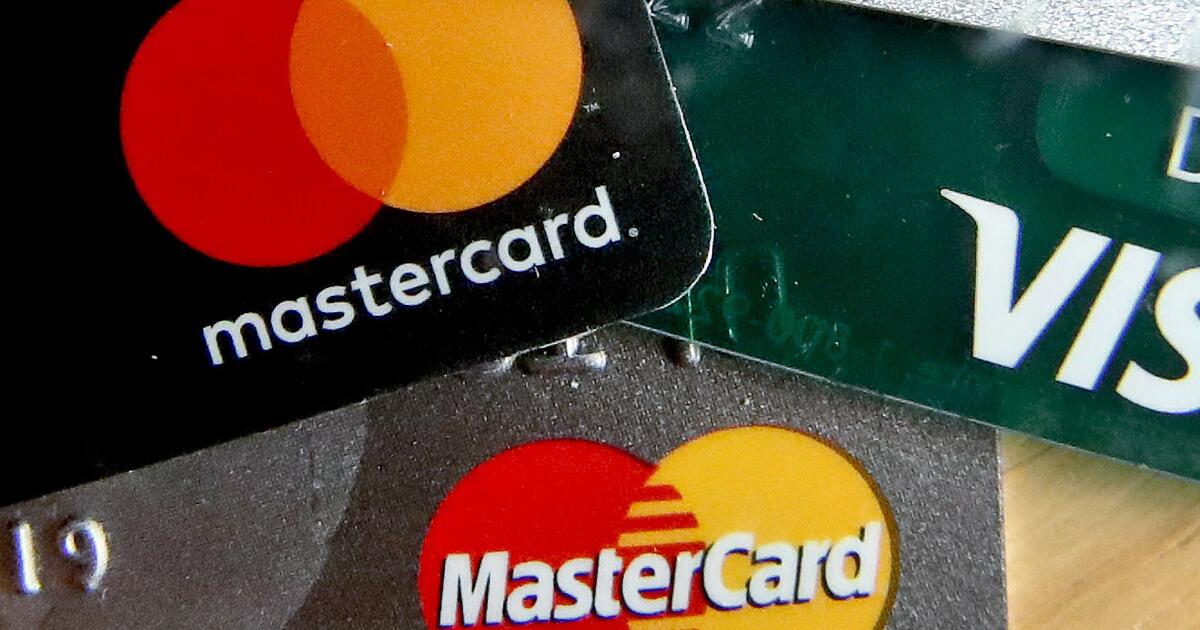To the editor: When reading how high interest rates and credit card debt hurt people in our state, I think about how most people who are not part of the 1% rely on credit cards to help them live a better life, but interest rates went up on a lot of credit cards. I just don’t understand how the government is allowing this to happen. I remember when credit card interest was 6% to 10% and tax deductible. Somewhere the government decided to punish us for using credit cards by allowing the credit card companies to charge whatever they please at loan shark rates.
I keep asking our state senators and representatives about laws to control the interest rates, so that people who use credit cards won’t get punished. I never get a good answer and nobody ever seems to care. This is what keeps people poor. We need to demand credit card reform.
Linda Bradshaw Carpenter, Los Angeles
..
To the editor: I applaud the state for adding financial literacy to the graduation requirements at California high schools. But the irony of pairing that story with the one bearing the headline, “High interest rates hitting Californians harder,” was difficult to ignore. The reporters included some alarming statistics about rising credit card balances, defaults and the effect high interest rates have on the state’s housing crisis. All of which are valid concerns.
High interest rates are only a financial burden to people who are in debt or considering taking out a loan. At the same time, these rates are beneficial to savers. Right now one can walk into just about any bank or credit union in Southern California, invest in a certificate of deposit or high-yield savings account, and receive anywhere from 2.5% to 5% interest and it’s government insured. The last time that opportunity existed, George W. Bush was president.
Still, the presumption throughout the story seems to be that debt is unavoidable in order to achieve one’s goals, but what message is that sending to our children? I wish the reporters explored alternatives to going further into debt, such as buying used instead of new and using cash to avoid adding to your credit card debt. The best financial education we can give young people is the day-to-day example of living within our means.
Steven Felschundneff, Claremont

